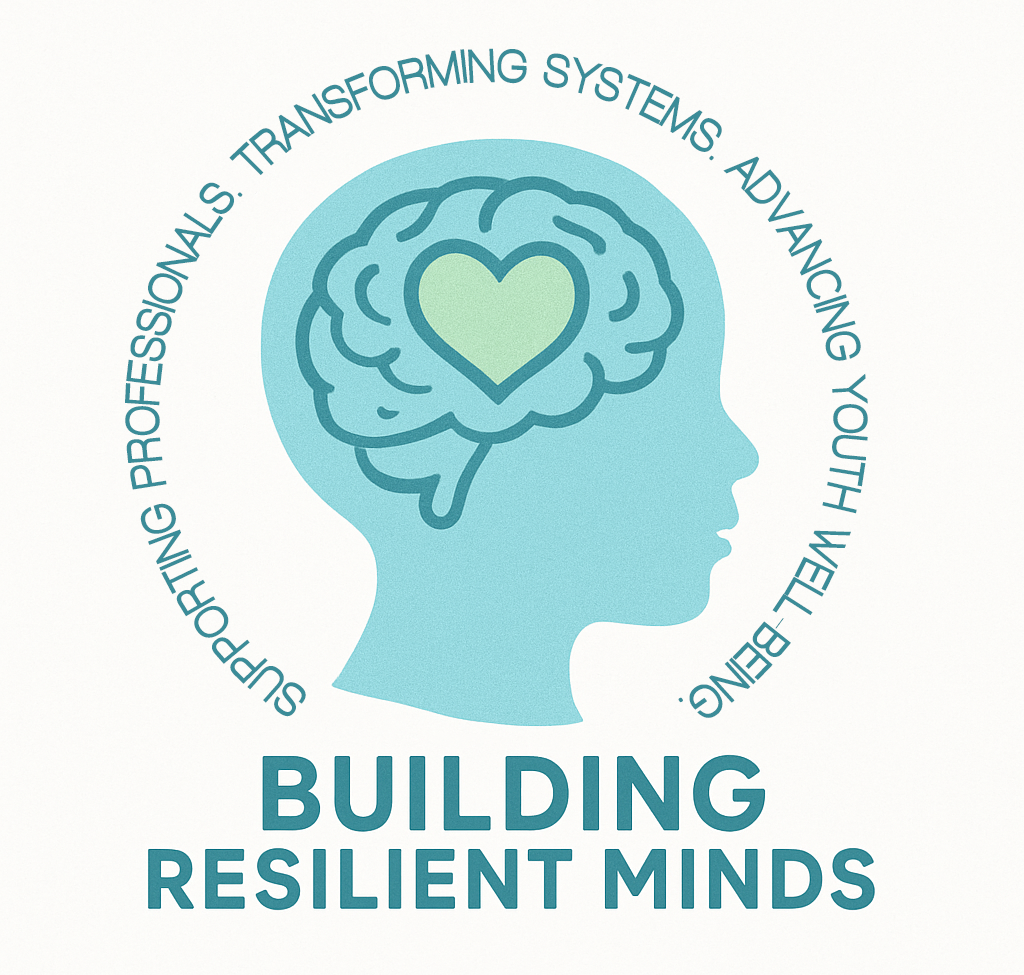Trauma Responsive Practices
Trauma Responsive Practices 101
Participants will learn about
ACES& toxic stress
The body’s response to stress
The effects of Positive Childhood Experiences (PCEs) on children’s health and well-being.
Strategies to support students and children to be more resilient
Trauma Responsive Practices 201
This training is geared toward participants who have a foundational understanding of ACEs, toxic stress, and their effects. This training will
Dig deeper into the science of resilience
Participants will learn somatosensory and vagus nerve stimulation practices based on Polyvagal Theory to create deeper connection and co-regulation in relationships with youth.
Trauma Responsive Practices 301
This cohort group is for participants who have an understanding of ACEs, toxic stress and the science of resilience. This is a small group that will
Meet once a week or every other week for 1 hour
Cultivate self practices of resilience such as vagus nerve stimulation techniques and other coping skills
Become better co-regulators and take care of ourselves before we take care of others.



